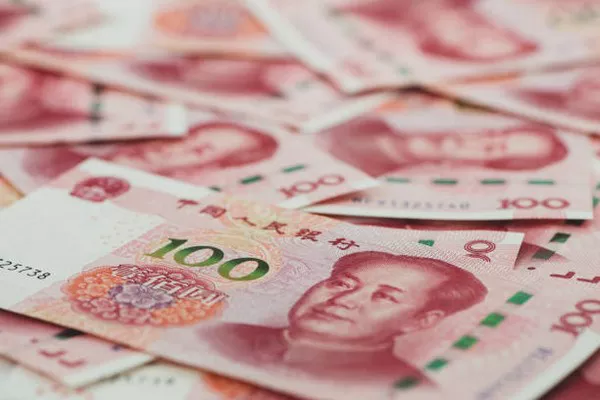China, with its rich cultural heritage, booming economy, and diverse landscapes, is a sought-after destination for travelers worldwide. Whether you’re exploring ancient wonders like the Great Wall or immersing yourself in the dynamic urban environments of cities like Shanghai and Beijing, understanding the currency landscape is crucial. With various payment methods and currencies circulating, it’s essential to discern the best currency to use in China to make your journey seamless and efficient.
Official Currency: The Renminbi (RMB)
The official currency of China is the Renminbi (RMB), which translates to “People’s Currency.” Renminbi is abbreviated as CNY (Chinese Yuan) and is issued by the People’s Bank of China. While the Renminbi is widely accepted throughout the country, it’s important to note that cash transactions still dominate in many places, especially in smaller cities and rural areas.
Using Chinese Yuan for Transactions
Carrying and using Chinese Yuan is generally the most straightforward and widely accepted method. ATMs are abundant in major cities and tourist areas, making it easy for travelers to withdraw cash in local currency. Credit and debit cards issued by international networks like Visa and Mastercard are also accepted in many establishments, but it’s advisable to carry some cash for situations where card payments may not be feasible.
Exchanging Foreign Currency
For those arriving in China with foreign currency, currency exchange services are available at airports, banks, and hotels. However, it’s important to be cautious of potential fees and less favorable exchange rates. Banks, particularly large branches, tend to offer better rates compared to airports and hotels. Additionally, keep in mind that exchanging currency may involve paperwork, so it’s advisable to have identification documents readily available.
The US Dollar Advantage
While the Renminbi is the official currency, the US Dollar (USD) holds a special status in many tourist destinations and international establishments. Hotels, high-end restaurants, and popular tourist attractions often quote prices in both Chinese Yuan and US Dollars. However, it’s crucial to understand that the exchange rates applied in these situations may not be as favorable as those obtained through official channels like banks or ATMs.
Mobile Payments: A Technological Revolution
China has rapidly embraced mobile payment systems, with two dominant platforms leading the charge: Alipay and WeChat Pay. These services allow users to make payments seamlessly using their smartphones by scanning QR codes. Both Alipay and WeChat Pay are widely accepted across the country, from bustling urban markets to remote villages. Travelers can link their foreign credit or debit cards to these platforms, providing a convenient cashless option.
Navigating the Alipay and WeChat Pay Landscape
To use Alipay and WeChat Pay, travelers must first download the respective apps and register an account. Linking a foreign credit or debit card to these platforms enables users to make transactions in Chinese Yuan without the need for cash. However, it’s important to note that not all establishments accept these mobile payment options, particularly in less urbanized areas. Having a mix of payment methods, including cash, ensures flexibility throughout your journey.
Currency Precautions for Remote Areas
While major cities like Beijing and Shanghai are well-equipped with modern banking infrastructure, travelers venturing into rural or remote areas may encounter limited access to ATMs and electronic payment options. In such cases, having sufficient Chinese Yuan in cash becomes crucial for securing accommodations, meals, and other necessities. Researching the local conditions and planning accordingly can prevent inconvenience.
See Also What Backs The Chinese Currency?
Conclusion
Choosing the best currency for use in China involves a combination of factors, including convenience, exchange rates, and acceptance. While the Renminbi (CNY) is the official currency and widely accepted, having a mix of payment methods, including cash and mobile payments, provides flexibility for different situations and locations. The US Dollar may be advantageous in certain tourist-centric areas, but it’s essential to be mindful of potential drawbacks.
As China continues to evolve economically and technologically, the currency landscape will likely undergo further transformations. Staying informed about the latest developments and being adaptable in your approach to currency management will enhance your travel experience, allowing you to focus on the myriad wonders that this culturally rich and diverse country has to offer.


